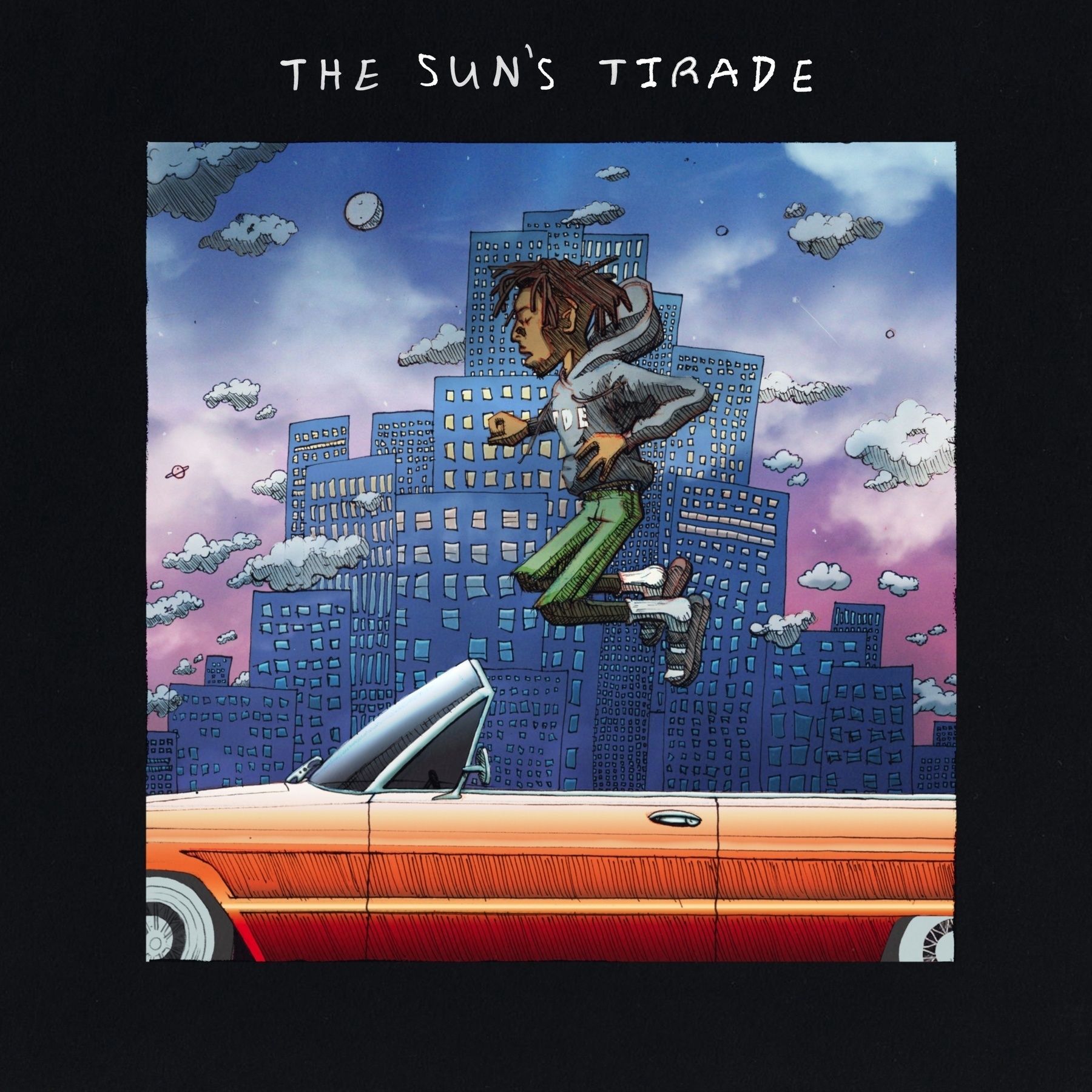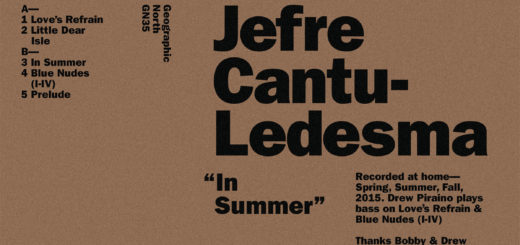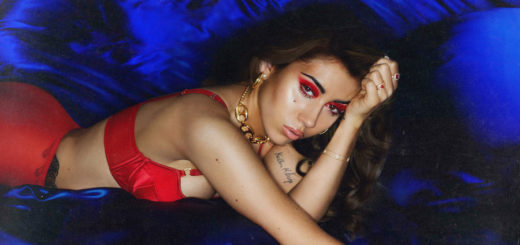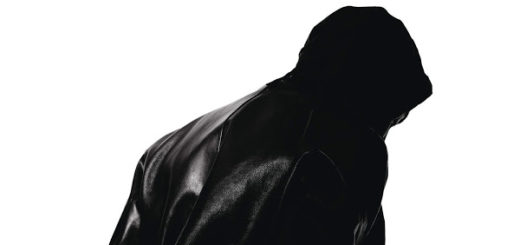THE SUN’S TIRADE by Isaiah Rashad

Genre: Conscious Hip Hop
Favorite Tracks: “4r Da Squaw,” “Tity and Dolla (featuring Hugh Augustine and Jay Rock),” “Stuck in the Mud (featuring SZA)”
Wearing his heart on his sleeve, Isaiah Rashad pulls back the shroud of teen angst that enveloped his debut EP CILVIA on his highly anticipated first full length studio album THE SUN’S TIRADE. The 25-year-old Chattanooga, TN native finds his voice in the inevitable confusion of young adulthood, balancing two children and the pressure from his label, Top Dawg Entertainment, for new music with a party-centric rapper tone. Rashad is more sensitive on this album than on CILVIA, yet not as easily offended, evidence of his maturation after dabbling in Xanax and alcohol abuse as a guest on Schoolboy Q’s OXYMORON tour and moving to Los Angeles. THE SUN’S TIRADE successfully digs deeper than feel good party music to expose raw truths about substance abuse and the reality of racial inequality. Rashad ironically finds his voice in the constant conflict of past versus present in THE SUN’S TIRADE, making it an inspiration to his audience of young adults who find themselves in the inevitably uncomfortable stage between childhood and adulthood.
The hazy cover of THE SUN’S TIRADE, with Rashad’s eyes closed as his body floats above the sunset of a seemingly unending day, embodies its lazy mood, no doubt influenced by the Xanax daze of Rashad’s early twenties and the laid back mindset of Los Angeles. The passage of time becomes a prevailing theme on the album from the first track “Where U At?,” a voicemail from Rashad’s manager and TDE president Dave Free harassing the artist about the late release of his album. In the liminal space between adolescence and adulthood, Rashad wades through a drug- and alcohol-infused fog that he told Billboard almost got him dropped from his label on tracks like “4r Da Squaw,” “Stuck in the Mud,” and “Dressed Like Rappers.” Although the critique that the album drags for too long with 17 total tracks is largely due to these songs, it’s important for the listener to consider if this was intentional. Rashad struggles with the sticky haze of Xanax and alcohol abuse in the lengthy seven-minute track “Stuck in the Mud,” showing his listener that addiction isn’t always communicated effectively in a quick three-minute song.
Starting with the second track “4r Da Squaw,” Rashad looks introspectively at the last two years of his life, speaking reflexively when he raps “You ain’t nothin’ but a baby, your fear is growin’ up.” Edging on adulthood with reproach becomes a theme throughout the album when he pays a nostalgic homage to his hometown with the catchy hooks and the memories in the lyrics of “Free Lunch” and “Rope // rosegold.” Adding a bounce to the dreary tempo of the album, “Rope // rosegold” moves from melancholy croons on the jazzy first half before the slow vibe is restored on the second half. The album moves gently into “Wat’s Wrong” with muffled talking, where Rashad proves a worthy contender to his label-mate whose social justice-propelled album TO PIMP A BUTTERFLY soared to the top of the Billboard 100 upon its release. The soulful bars that hold their own with Kendrick’s verse hit hard because they are juxtaposed with Zacari’s angelic hook. If the airy harmonies of Zacari’s voice singing, “Feel like I’m running in circles” were an image, they would be a hazy smoke cloud that ironically clears the tension from Rashad’s mind.
Lamar’s sharp raps advise Rashad to focus on rap or religion rather than drugs and alcohol, broaching these heavy hitting topics that are inevitably intertwined with issues of racial justice with the lines, “And I believe in Kool-Aid and God’s son/ Do you believe that Black man is our son?” Lamar elevates Rashad by challenging him with this dazzling verse, proving that THE SUN’S TIRADE can hold its own against the big names on the TDE label. The aggression in Lamar and Rashad’s verses on “Wat’s Wrong” continues to evolve on tracks like “Park” and “Bday,” drawing inspiration from the reality of Rashad’s adolescence with the jarring line, “How do you tell the truth to a crowd of white people?” This track is reminiscent of the track “Ronnie Drake” off the CILVIA demo as the listener gets a glimpse of Rashad’s reality in its illumination of the racially-inspired violence.
Rashad moves effectively through coverage of racial justice and drug abuse by drawing upon Southern influences like OutKast in the tracks “Silkk Da Shocka,” “Don’t Matter,” and “Tity and Dolla,” diving deep into the ups and downs of his past while shouting out to successful Southern rappers (Tity Boi being the former name of 2 Chainz). Rashad asserts himself as a notable Southern rap legend by paying respect to the environment that raised him in THE SUN’S TIRADE. From start to finish, the album feels like a mind-altering trip home, chronicling the artist’s journey in an attempt to achieve a balanced adulthood. Rashad’s drive through the hazy tirade of growing up is far from over, occasionally bolstering spurts of confidence like on the track “A lot” which seem misplaced on the album, but reflect the emotional roller coaster of growing up. Ultimately, the mix mash of moods that Rashad experiences on THE SUN’S TIRADE is a relatable feeling for listeners who find themselves in a similar transitional period where one’s potential must overcome the blurring disorientation of emotion.
Verdict: Recommend



